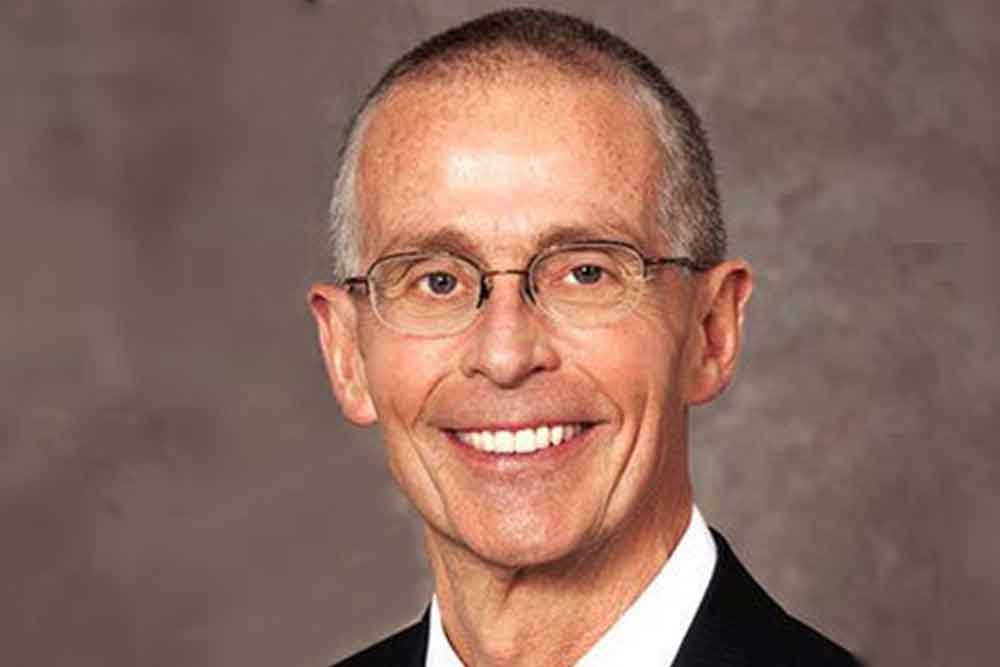
Dr. Garen J. Wintemute is an emergency medicine physician at UC Davis Medical Center, where he also directs the Violence Prevention Research Program. He has been researching gun violence in the United States since the 1980s. Before participating in the Zócalo/California Wellness Foundation panel “Can California Help America Reduce Gun Violence?,” he visited the Zócalo green room to discuss his intense schedule, his connection with the work of Audre Lorde, and the breakfasts and experiences that fuel his work.
Do you have trouble relaxing?
I’m actually pretty good at it. The trouble I have is making time for it. [But] I’ve gotten better at that. Every two to three months for the last several years, I’ve taken a week and weekends on either side, and I leave the office. I don’t stop working, but I leave the office. When I’m not doing that, I work a seven-day week continuously.
What do you eat for breakfast to fuel that work?
Egg whites and a burrito, typically tempeh and onions and hot sauce.
If you weren’t a doctor and a researcher, what do you think you would you be doing?
Originally I was trained as a field biologist. I was working on what’s called ecological succession—which species come first in saltwater environments. So I’d be a scientist.
What’s the last great book you read?
I am reading The Collected Poems of Audre Lorde at the moment. A couple colleagues introduced me to her prose first. [I started to read her and thought], Where have you been all my life?
How does your work in the emergency room feed into your research, and vice versa?
Each one depends on the other; each one fuels the other. I went into medicine to be a clinician and came back to science after a while because I got interested in preventing the problems that brought people through the ambulance bay doors. That’s why I got involved in violence prevention. Fast forward 40 years, these days, doing science and doing policy lets me be effective beyond clinical encounters, lets me practice what I think is the entire spectrum of medicine. The flip side is, doing the clinical work reminds me of who I’m doing the science for, and why I’m doing it.
You’ve spoken about donating your own money to fund research. Do you foresee a time when you won’t have to do this any longer?
No. But let me be careful to clarify what I mean about that. There will never be enough funding in this area, which I define as not just focusing on firearm violence or firearms, but focusing more broadly on violence and the things that give rise to violence—the social determinants, as some people call them, the structural injustices is how I see it. There will never be sufficient funding for the work of taking those structures down. I will continue to give; I’ve just made a commitment to another round of giving, the purpose of which is to help enlarge, to diversify the workforce of people who do research and policy work on violence prevention.
What dessert do you find impossible to resist?
I don’t eat dessert—trick question.
What’s the last thing that inspired you?
Getting up this morning. This is going to sound made up, but it’s true—I get up every morning and spend some time thinking through the day, and thinking how will my little part of the world hopefully be a better place as a result of how I’m going to spend this day in it.



